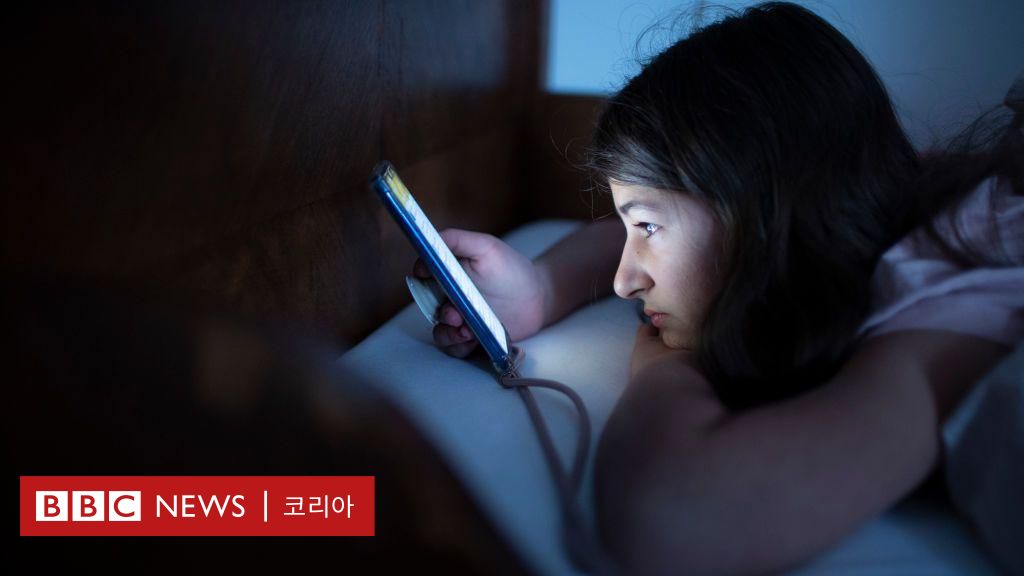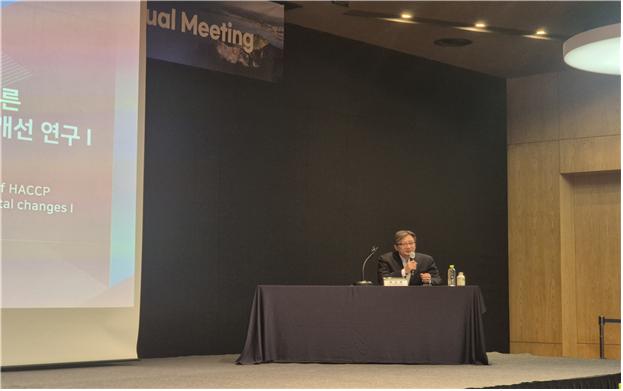Article related information
- reporter, Hannah Rich
- reporter, BBC News
- Reporting from sydney
-
3 hours ago
The Australian Parliament passed a bill on the 28th (local time) to completely ban the use of social media by youth under the age of 16.
Companies that do not comply with this law, which will take effect at least 12 months later, could be fined up to $50 million (about 45 billion won).
Prime Minister Anthony Albanese said the legislation was needed to protect young people from the “harm” of SMS, and several academic groups agree.
However, some point out that there are still questions about how this ban will work and its impact on personal information protection and social relations.
There is already a movement around the world to restrict children’s use of social media, but Australia’s age of 16 or older is the highest in the world for using social media.
In addition, unlike other countries, under this Australian bill, even teenagers with parental consent cannot use SNS without exception.
Late on the 28th, the Senate passed this bill with a vote of 34 to 19, and in the early morning of the 29th, it was passed again to the House of Representatives and finally passed.
At a press conference afterwards, Prime Minister Albanese explained, “We want children and young people to have a (proper) childhood and to know that their parents have their backs.”
This bill does not specifically specify which social media platforms are subject to ban. These details will be decided by the Australian Communications Minister at a later date. The Minister of Communications is expected to seek advice from Australia’s Internet regulator, the e-Safety Commission, which will actually enforce the ban.
Communications Minister Michelle Rowland said the ban would include Snapchat, TikTok, Facebook, Instagram and X (formerly Twitter). It was stated that games and messaging applications that can be accessed without an account are exceptions. Accordingly, it is highly likely that YouTube, for example, will be excluded from the ban.
The Australian government said it plans to use age verification technology to enforce the ban and will test several candidate technologies in the coming months. It is the responsibility of the SNS platform to add these age verification procedures themselves.
But digital experts have warned that there is no guarantee that these technologies, which may rely on biometrics or identity information, will work properly. In addition, critics are raising their voices demanding a promise to protect personal information.
It also warned that the ban could be easily circumvented using tools such as virtual private networks (VPNs) that allow users to change their physical location.
However, even if children and adolescents find a way to circumvent the ban, they will not be subject to punishment.
Meanwhile, although the results are limited, the majority of parents and guardians in Australia appear to support this measure.
Amy Friedlander, who has been lobbying for the ban, recently told the BBC: “Parents have long faced a choice between giving in to reality and buying their children addictive devices, or making them feel alienated and isolated from their peer group. “I had to think between these two options that I could never choose,” he said.
“We were living a life that no one wanted but had become the norm.”
But many experts say the ban’s blade is too “blunt” to effectively cut through social media use and the risks that come with it, warning that it could ultimately force children and young people into less regulated spaces on the internet.
Meanwhile, during the short period of consultation before the bill was passed, Google and Snapchat criticized the bill for not being specific, while Meta pointed out that it was an “ineffective” bill and would never achieve its goal of making the Internet a safer space for children.
In addition, TikTok pointed out in its submission that the Australian government’s definition of a social media platform is “so broad and unclear” that “almost all online services could fall under this category.”
Party
Additionally, some youth rights advocates criticized the government for lacking understanding of the role of social media in the lives of youth and for excluding youth from this discourse.
The eSafety Youth Committee, which advises regulators, said: “Our young people know that we are vulnerable to the negative effects and risks of social media… “We must participate in finding a solution,” he said.
Prime Minister Albanese also acknowledged that it was a complex discussion, but firmly defended the need for this bill.
Prime Minister Albanese said on the 29th, “Just as banning the sale of alcohol to minors under 18 does not mean that minors under 18 cannot access it, I will not claim that this bill will be perfectly implemented. “But we know that enacting this bill is the right thing to do.”
Meanwhile, last year, the French parliament introduced a bill to ban children under 15 from accessing social media without parental consent, but a survey found that nearly half of them are using VPNs to circumvent the ban.
The U.S. state of Utah also prepared a bill similar to Australia’s, but it was overturned by a federal judge, ruling it unconstitutional.
Leaders around the world are watching this Australian bill closely.
The Norwegian government recently pledged to take similar measures to Australia’s, and last week Britain’s technology secretary said he was “considering” a similar ban, but later added, “For now… “No,” he added.
Additional reporting: Tiffany Turnbull (BBC News, Sydney)


